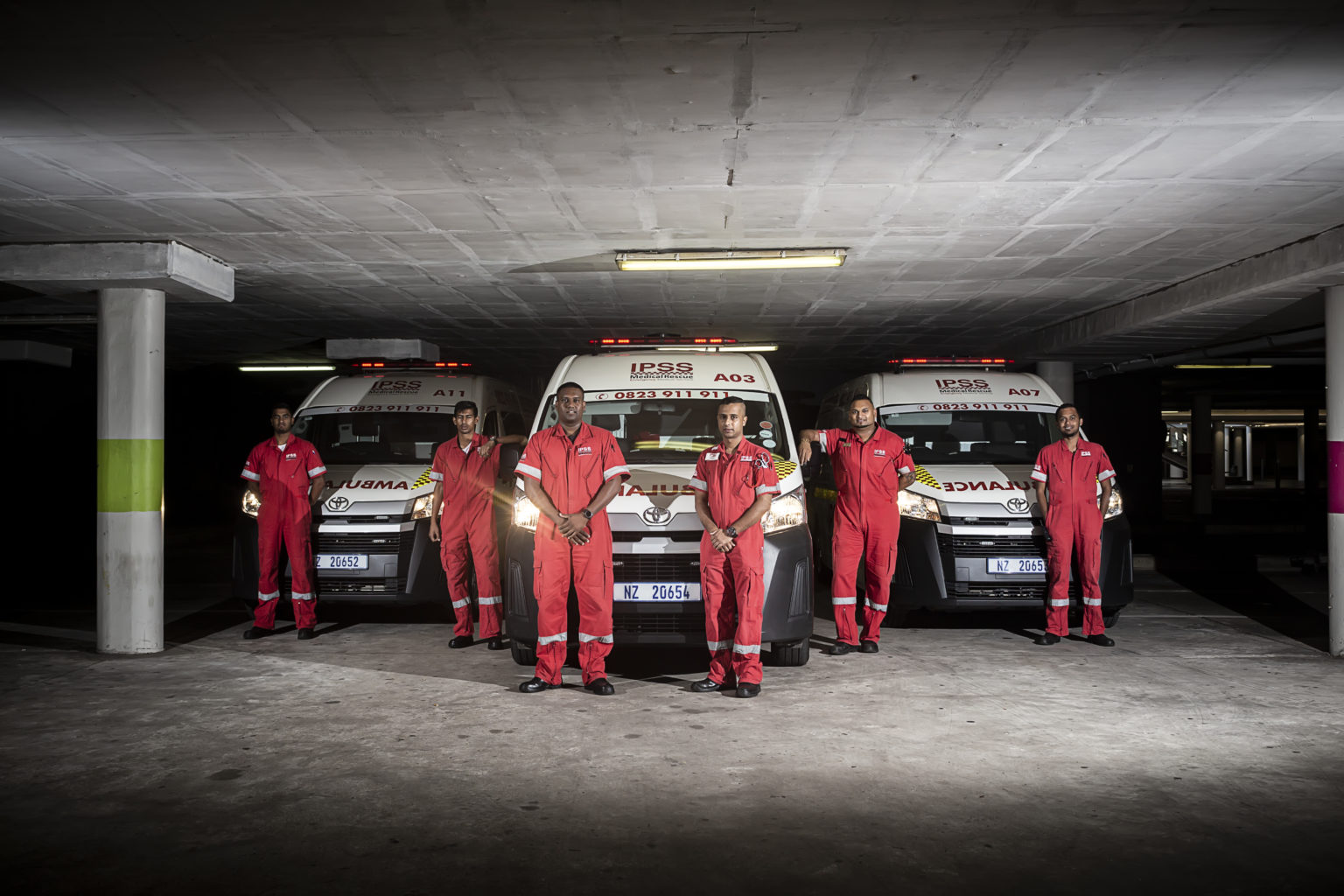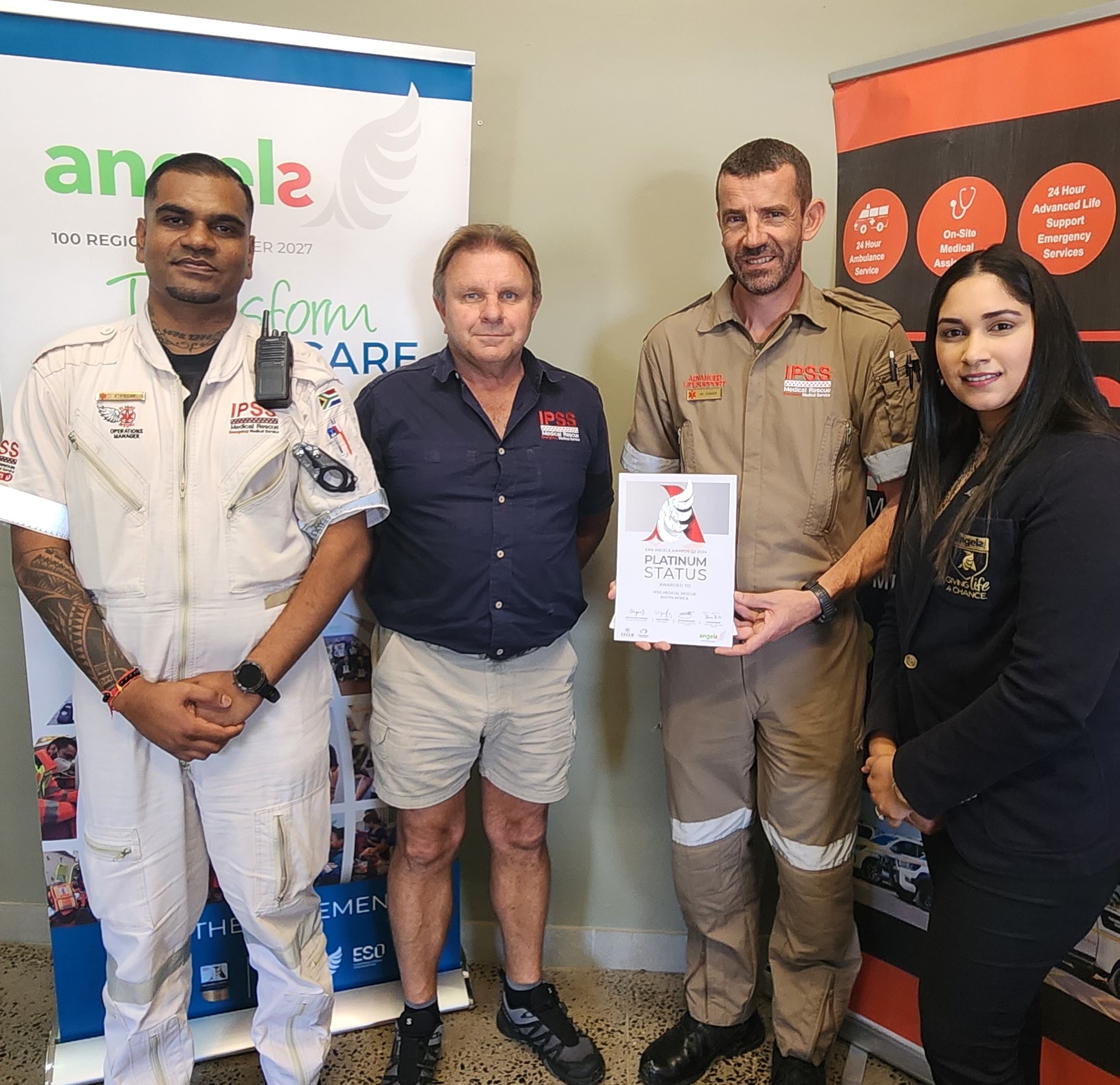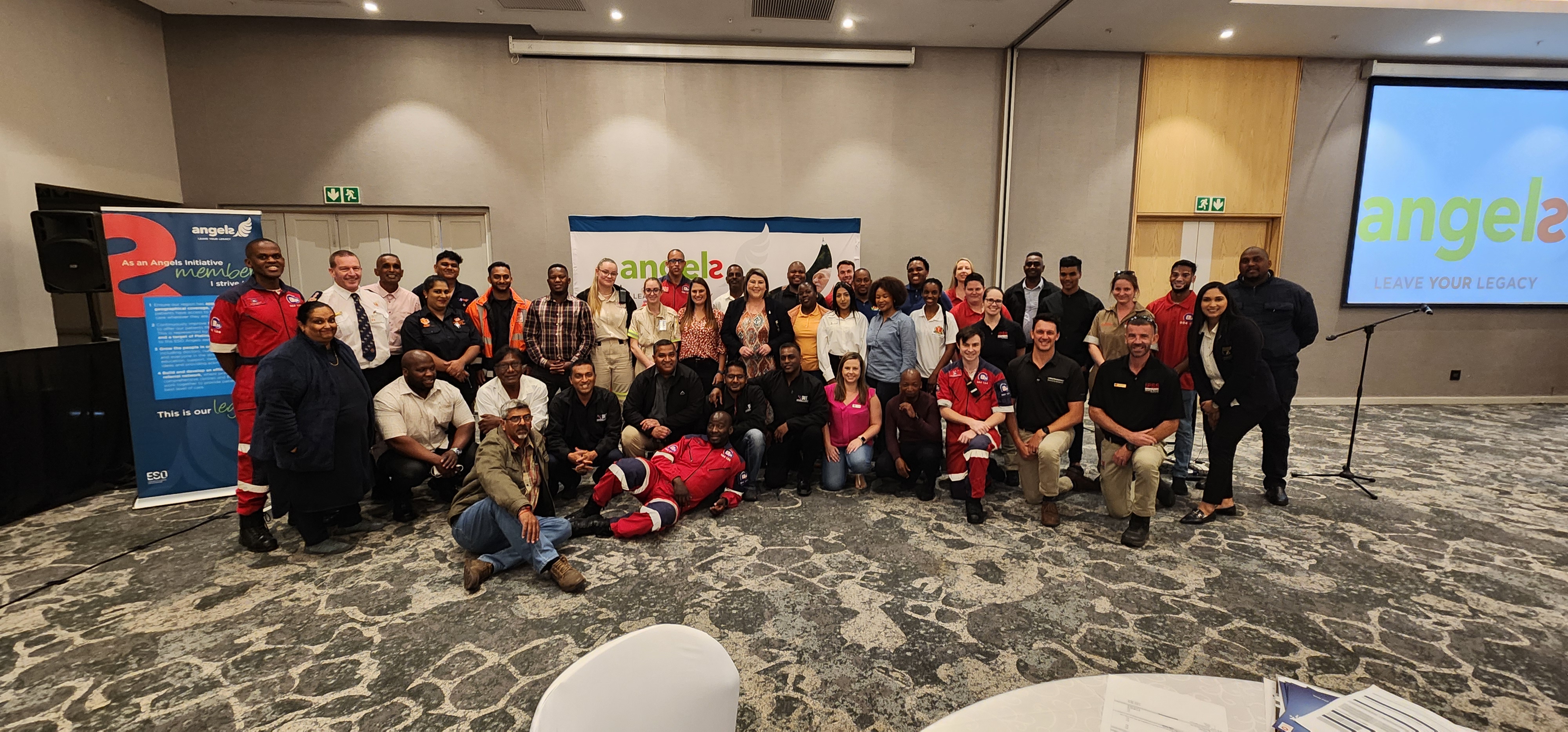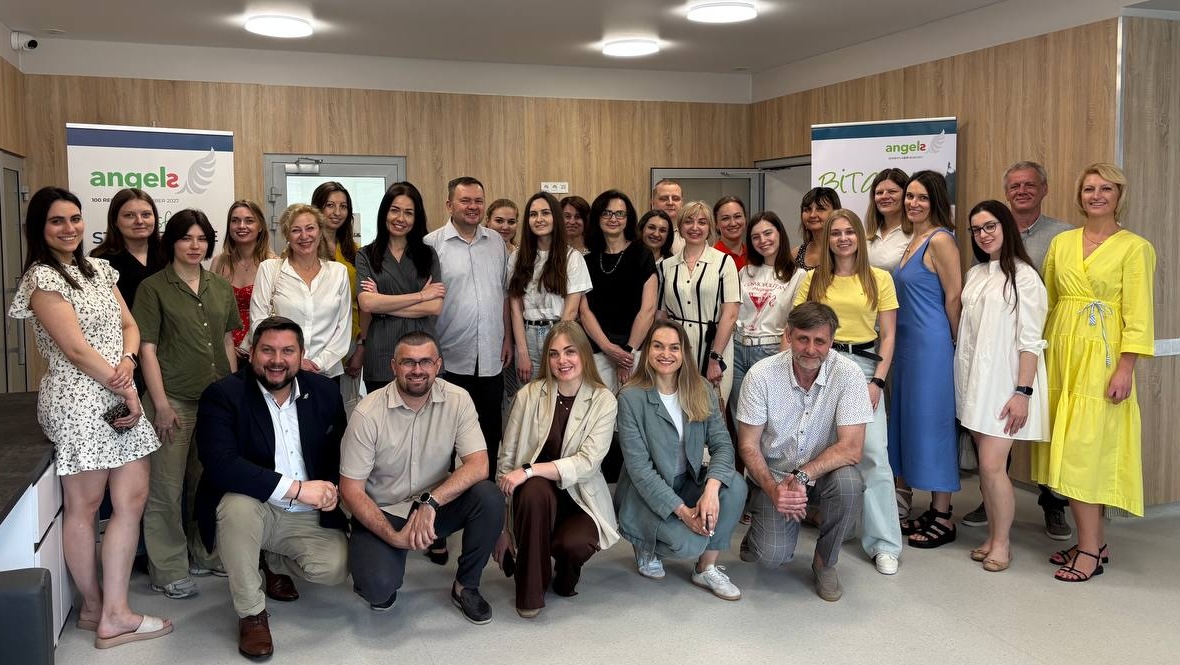
Thinus Stander recuerda a su primer paciente con ictus tan vívidamente que décadas más tarde podría decirle la dirección si usted se lo pregunta. Fue un paramédico de ELA recién cualificado en Ciudad del Cabo cuando se le llamó a un paciente que estaba sufriendo un ictus hemorrágico. “Estaba fuera de mi profundidad”, recuerda Thinus. “Me sentí impotente y solo”.
En agosto de este año, en una parte diferente del país, Thinus acompañó el viaje final de otro paciente con ictus que nunca olvidará. Esta vez no era extraño: Nazir Sadack había sido un héroe de una comunidad que dejó atrás la pérdida. No había un paramédico al norte de la costa de KwaZulu-Natal (KZN) que no hubiera conocido o trabajado junto a este insaciable reanimador, criminal y voluntario.
“Esta es mi ciudad”, dice Thinus sobre Ballito, con sede central en el IPSS Medical Rescue. Es una ciudad de vacaciones situada en la entrada a la costa del delfín, ya que este tramo de la costa también es conocido por las escuelas de delfines de la nariz de botella que se deslizan en las olas del Océano Índico.
El IPSS puede ser un servicio de propiedad privada, pero está basado en la comunidad cuya presencia comienza aquí y se extiende hacia el norte deMtunzini y hacia el interior de uMnambithi.
Y como Thinus señala, si su paciente también es su vecino, su tío o, como en este caso, el héroe local, simplemente no puede ser nada más que lo mejor.

“Nos notifican previamente”
Thinus es el director de gestión clínica del IPSS Medical Rescue, que está en camino de convertirse en el primer servicio de emergencias médicas en KZN (y el segundo en Sudáfrica) en ganar un premio de diamante Angels de los servicios de emergencias médicas para la atención prehospitalaria del ictus. Se trata de una ramificación de IPSS Security, un proveedor privado de protección industrial y de grandes clientes que ha observado la necesidad de servicios médicos de emergencia en un área industrial rural desatendida. En el transcurso de 13 años, ha crecido desde un único vehículo de respuesta hasta una flota de 13 ambulancias y tres vehículos de respuesta a la ELA, y se ha ganado una reputación por unos tiempos de respuesta impresionantes, prácticas basadas en la evidencia, la implementación de soluciones de alta tecnología para circunstancias difíciles y el orgullo de la vieja escuela.
Cuando el asesor de Angels, Maxeen Murugan, empezó a trabajar con Thinus y el gestor de operaciones del IPSSKeith Pillay, descubrió que ya cumplían con los criterios de entrega de servicios de emergencias médicas en casi todos los aspectos. “Cuando menciona el IPSS a hospitales grandes o pequeños, lo primero que dicen es “nos notifican previamente”, dice Maxeen. Además de hacer que la prenotificación sea coherente y “incompleta”, sus documentos de transferencia fueron impecables y su protocolo de ictus estaba en cuestión. Era simplemente cuestión de cargar sus datos en RES-Q para alinearlos con un Premio Angels EMS.
La mejora basada en datos se une al cultivo del IPSS. La recopilación de datos se realiza en tiempo real y, si el análisis de datos revela ciertas tendencias o patrones, los obstáculos corporativos se borran fácilmente para que los cambios de política se puedan implementar rápidamente. Este nivel de agilidad es emocionante para los empleados, dice Thinus, que añade que son reclutadores “escogidos” que priorizan la posibilidad de enseñanza cuando se añaden a un equipo que se siente como una familia.

Un científico por naturaleza
La tecnología que respalda el rendimiento del IPSS tiene sus raíces en la preocupación por la seguridad de los empleados y los vehículos, lo cual es crucial dada la tasa de delitos en Sudáfrica. Los datos muestran que, en promedio, 66 vehículos son secuestrados por carreteras sudafricanas al día. La tecnología de seguimiento de vehículos mediante satélites GPS que permite el seguimiento y el control de los vehículos las 24 horas del día, también ayuda a IPSS a optimizar su sistema de envío y a ofrecer tiempos de respuesta excepcionales.
Sí, el trabajo puede ser dangéneo, dice Thinus, especialmente en situaciones en las que sus uniformes se confunden con los de las fuerzas de seguridad, pero su mayor característica de seguridad es una comunidad que tiene la espalda.
Uno tiene la impresión de que Thinus tampoco es completamente reacio a un poco de peligro. Creció y quiso ser médico y completó una licenciatura en psicología y fisiología con la esperanza de que esto llevara a la escuela de medicina, pero la deuda de los estudiantes se abonó al sueño. Sin embargo, en la paramedicina, encontró un punto de partida tanto para su interés en la medicina como para su gusto por la aventura, y el conjunto adecuado de desafíos para alguien que permanece tranquilo bajo presión.
Completó su grado en Medicina de Urgencias en la Universidad de Tecnología de Ciudad del Cabo, y finalmente encontró su camino a KZN hace nueve años, mudándose por todo el país por motivos de amor.
¿Qué le gusta del trabajo? “Todo”, dice.
“Me gusta la capacidad de marcar la diferencia en la vida de alguien, de forma anónima, sin darme cuenta”. El anonimato actúa como un escudo, protegiéndole del dolor de corazón y de la neuritis que a veces acompaña al territorio. Es importante no atraernos hacia las emociones.
“Intento todo lo que puedo y luego me retiro”, dice. “Soy un científico por naturaleza y encuentro consuelo en la ciencia. Es un mecanismo de protección”.
Pero salir no significa que la crítica no sea importante. “Realizamos un seguimiento una vez que hay claridad emocional”, dice Thinus, añadiendo que la pequeña atmósfera de la ciudad y los fuertes lazos comunitarios significan que aprenderá el resultado de una manera u otra. “Los comentarios son muy importantes para la educación, para considerar lo que podríamos haber hecho o deberíamos haber hecho”.

“Eso enciende mi pasión”
A una edad en la que muchos paramédicos se han retirado del campo, Thinus ha lidiado con una amplia variedad de situaciones y ha sido testigo de un traumatismo “inconfundible”. El motivo por el que le apasiona el ictus y los casos cardíacos es que la ciencia ha hecho posibles buenos resultados.
“Los últimos tratamientos pueden suponer una gran diferencia”, dice. “En cuestión de minutos, puede pasar de estar en grave peligro a estar en plena recuperación. Eso enciende mi pasión: el hecho de que puedas marcar una diferencia masiva”.
El resultado de un evento como el ictus es a menudo el momento ideal para dejar que el mensaje sobre la prevención y el reconocimiento de síntomas se hunda, dice. Enseñar a la comunidad cómo proteger su salud y qué hacer en una crisis es simplemente parte de su trabajo.
Existe una forma más sutil de enseñanza que tiene lugar en la interacción con los hospitales. Comienza con la confianza. La prenotificación y las transferencias competentes generan confianza, y también lo hacen las personas que se quedan sin motivo para el beneficio de un paciente crítico. Entonces, no intente influir en la práctica a nivel corporativo. En su lugar, habla con la enfermera y a través de ella se conoce la red.
“El cambio es duro, especialmente en la medicina”, dice Thinus. Pero no siempre tiene que esperar a un cambio de política antes de llevar directamente a un paciente con ictus a la TAC. Con el enfoque adecuado, “podemos cambiar la práctica antes de cambiar la política”.



